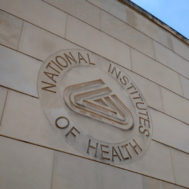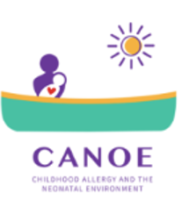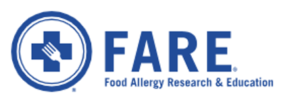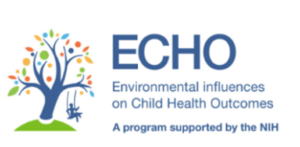Anne Marie Singh, MD, is a professor of pediatrics, interim chief of the Division of Allergy, Immunology, and Rheumatology, and director of the Food Allergy Research and Education Clinical Research Center of Distinction. She also has affiliate appointments in the Departments of Dermatology and Medical Microbiology and Immunology and Food Research Institute. Singh completed her allergy-immunology fellowship at the University of Wisconsin-Madison.
Her research program is focused on advancing the clinical care of patients with early life atopic diseases, including atopic dermatitis and food allergy, as well as mechanistic studies on how environmental and microbial exposures affect the development of allergic diseases. The goal of her work is to enhance the clinical care of atopic patients by both advancing clinical care and by understanding mechanisms of disease. She is currently leading the Childhood Allergy and NeOnatal Environment (CANOE) birth cohort study in the NIH Environmental Childhood Health Outcomes (ECHO) study. She also co-leads the UW site for the Systems Biology of Early Atopy (SUNBEAM) CoFAR study, in addition to her translational work.
Affiliations
This is an accordion element with a series of buttons that open and close related content panels.
UW–Food Research Institute
The Food Research Institute (FRI) is the portal to food safety at the University of Wisconsin–Madison. FRI’s mission is to catalyze multidisciplinary and collaborative research on microbial foodborne pathogens and toxins and to provide training, outreach, and service to enhance the safety of the food supply.
UW–Microbiology and Immunology
Founded in 1935, the mission of the Department of Medical Microbiology and Immunology is to provide comprehensive scientific instruction to students, conduct novel and meaningful research, and offer consultation and service in microbiology and immunology as they relate to human health and disease.
Childhood Allergy and the Neonatal Environment
The Childhood Allergy and the NeOnatal Environment (CANOE) study has selected the University of Wisconsin School of Medicine and Public Health (UWSMPH) as one of 12 individual U.S. birth cohort sites that make up the Children’s Respiratory Environmental Workgroup (CREW) consortium.
Food Allergy Research and Education
Food and Allergy Research and Education (FARE) enhances the lives of individuals with food allergy by empowering them to lead safer, productive lives with the respect of others through education and advocacy initiatives and improved awareness around healthcare options and treatment.
Projects
This is an accordion element with a series of buttons that open and close related content panels.
Consortium for Food Allergy Research (CoFAR)
The Consortium for Food Allergy Research (CoFAR) was established in 2005 to support clinical research on food allergy. It has been renewed multiple times, most recently in 2024, to continue conducting clinical trials and observational studies on many aspects of food allergy.
ECHO study
The Environmental influences on Child Health Outcomes (ECHO) is dedicated to both learning what factors affect child health and to finding ways to enhance it. The goal of the ECHO study is to help understand and address how the environment and things that happen
Research News

Anne Marie Singh receives Vilas Faculty Mid-Career Investigator Award
Anne Marie Singh, MD, professor and interim chief, Division of Allergy, Immunology, and Rheumatology, was recently named recipient of a Vilas Faculty Mid-Career Investigator Award. Managed by the UW–Madison Office of the Provost and funded …
December 29, 2025
Department of Pediatrics members attend conferences near and far
Conference attendance is vital for clinicians, academic scholars, and scientists because it fosters professional growth, builds networks, and helps keep them at the forefront of medical knowledge and innovation. Members of the Department of Pediatrics …
December 10, 2025
Anne Marie Singh and Jim Gern receive awards from NIH to continue their research investigating early-life environmental exposures and childhood asthma
The Environmental Influences on Child Health Outcomes (ECHO) Program in the Office of the Director of the National Institutes of Health (NIH) made 49 awards in support of the second seven-year cycle of the ECHO …
January 23, 2024
Anne Marie Singh becomes new interim chief of the Division of Allergy, Immunology, and Rheumatology
In September, Anne Marie Singh, MD, associate professor, took on the responsibilities of her new position of interim chief of the Division of Allergy, Immunology, and Rheumatology. She will lead the division’s successful programs that …
September 27, 2023- More Singh Research Group News posts

Anne Marie Singh, MD
Professor
Interim Division Chief
amsingh@medicine.wisc.edu





